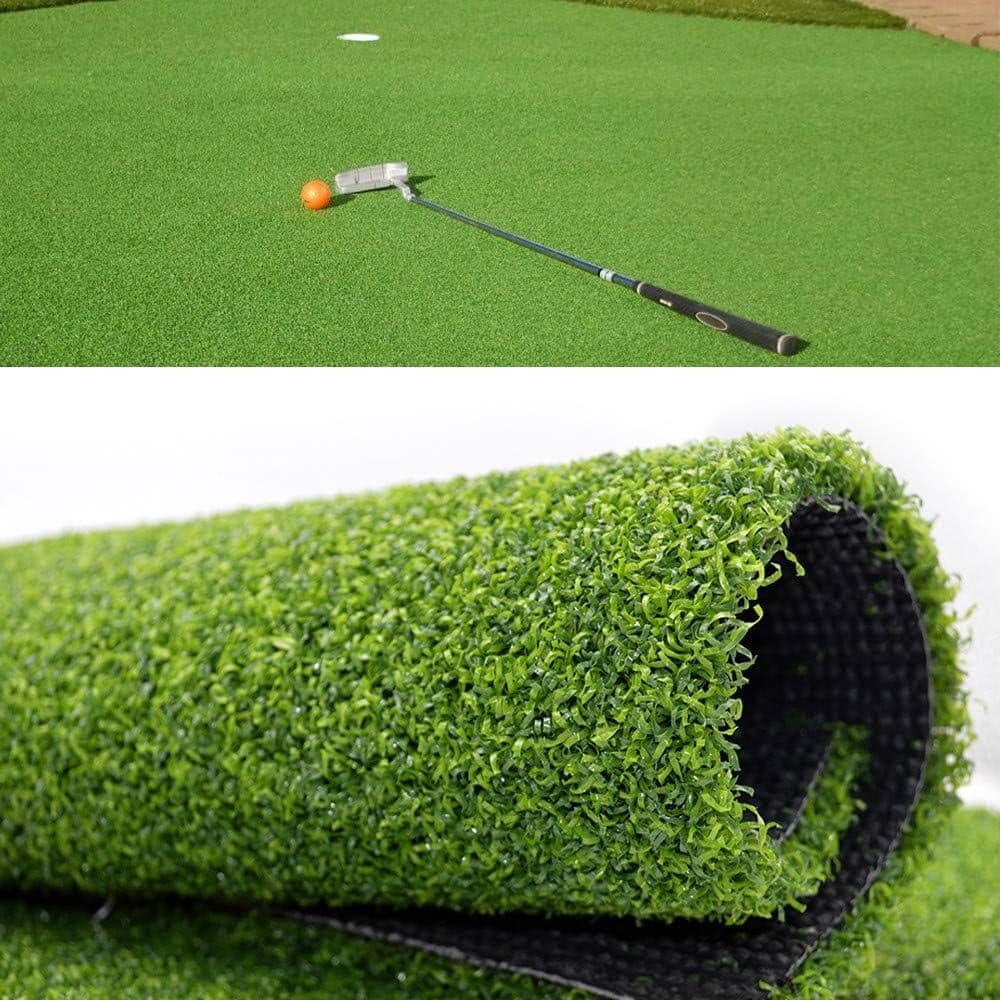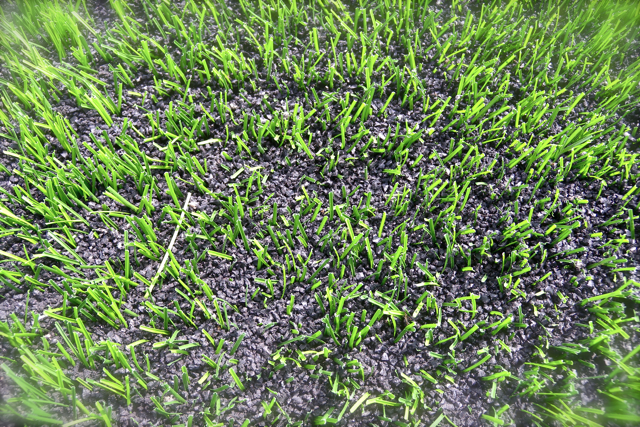Reliable Artificial Turf Companies Phoenix for a Lush and Green Lawn
Delve Into the Environmental Advantages of Opting for Synthetic Grass Solutions
The fostering of artificial lawn services provides a compelling opportunity to attend to pressing ecological obstacles. By significantly lowering water use and minimizing the application of harmful chemicals, these alternatives not only promote lasting landscaping yet likewise protect local ecosystems.
Water Preservation Advantages
One of the most considerable advantages of man-made grass is its capability to preserve water. In comparison, man-made turf does not need watering, substantially minimizing the general need for water sources.
By getting rid of the need for routine watering, artificial turf contributes to lasting landscape practices and assists reduce the environmental effect of excessive water usage. The conservation of water prolongs to the decrease of runoff, which can lead to soil disintegration and river pollution.
In addition, the installation of synthetic grass permits communities and home owners to assign water sources extra efficiently, focusing on important usages such as alcohol consumption water and agriculture. The shift in the direction of synthetic grass not only promotes liable water usage but also straightens with wider environmental goals focused on protecting natural deposits.
As areas significantly prioritize sustainability, the water preservation benefits of man-made grass offer a compelling case for its fostering in household and industrial landscaping tasks.
Decreased Chemical Usage
The transition to synthetic grass substantially reduces the reliance on chemical therapies typically utilized in natural yard upkeep. Traditional turf monitoring commonly includes the application of chemicals, fertilizers, and herbicides to promote growth and control insects. These chemicals can posture dangers to human health, regional wildlife, and the environment, adding to dirt and water contamination.
In contrast, man-made turf removes the demand for these hazardous materials. By reducing the release of artificial compounds right into the ecological community, artificial turf advertises healthier dirt and water systems.
Additionally, the lack of chemical runoff connected with fabricated grass setups aids shield local rivers from air pollution, supporting aquatic life and keeping biodiversity. Arizona turf. As areas significantly prioritize sustainable practices, going with man-made turf provides a viable service that lines up with ecological preservation goals. Through this change, residential or commercial property proprietors can enjoy rich environment-friendly rooms without compromising eco-friendly wellness, leading the way for an extra sustainable future
Reduced Carbon Impact

Furthermore, the setup of synthetic turf can result in significant water preservation. Natural grass call for significant amounts of water for watering, which not just includes in the carbon footprint associated with water extraction and therapy but also stress regional water resources. In comparison, synthetic grass needs very little maintenance, calling for no watering, therefore significantly reducing water use and its linked power expenses.
Additionally, the long life of fabricated grass contributes to its reduced carbon influence. With a lifespan of up to 15 years or more, the requirement for regular replacements is reduced, leading to much less waste and reduced power usage in manufacturing and taking care of traditional grass alternatives. In general, synthetic grass provides a sustainable option for ecologically conscious landscaping.
Habitat Preservation
Environment preservation is a vital consideration in the discussion over landscaping options, particularly when contrasting synthetic grass to natural grass. Natural grass lawns often require substantial upkeep, consisting of the use of plant foods, herbicides, and pesticides, which can adversely influence neighborhood communities. These chemicals can leach into the dirt and waterways, damaging indigenous plants and animals and interfering with neighborhood environments.
In comparison, artificial lawn provides a possibility to decrease the ecological footprint of landscaping. By selecting artificial turf, home owners can reduce the disruption of all-natural environments related to typical grass care methods. Synthetic grass gets rid of the need for hazardous chemicals, thereby protecting neighboring wildlife and maintaining the integrity of surrounding ecological communities. The setup of fabricated grass can lead to the conversion of former grass areas right into even more biodiverse landscapes, such as pollinator yards or indigenous plant areas, which can sustain regional wildlife.
Eventually, the transition to man-made lawn not just conserves water and decreases upkeep efforts but also promotes a much more unified partnership in between human activities and the natural surroundings, advertising environment preservation while doing so.
Long-Term Sustainability
Long-lasting sustainability is a vital consider learn this here now reviewing the advantages of synthetic turf over typical lawn yards. One of one of the most significant benefits of fabricated lawn is its durability; it can last as much as 15-20 years with very little maintenance, helpful hints whereas all-natural lawn requires frequent reseeding and substitute. This longevity minimizes the need for constant resources, such as water, plant foods, and pesticides, which are vital for keeping a healthy yard lawn.
In addition, fabricated grass adds to a decrease in carbon emissions related to grass care tools. Traditional grass usually call for gas-powered mowers, trimmers, and blowers, every one of which add to air pollution. Turf installation phoenix az. On the other hand, synthetic grass eliminates the demand for such equipment, advertising a cleaner environment
In addition, the manufacturing of synthetic grass progressively utilizes recycled products, boosting its sustainability account. As manufacturers embrace environmentally friendly methods, the ecological impact of synthetic lawn proceeds to diminish.

Conclusion
The fostering of synthetic grass services offers substantial ecological advantages, consisting of substantial water preservation, reduced dependence on damaging chemicals, and a reduced carbon impact. In addition, man-made grass help in protecting all-natural environments by lessening land disruption and promoting long-lasting sustainability with the usage of long lasting products. Collectively, these factors emphasize the possibility of artificial grass to contribute favorably to ecological health and wellness and use a sensible option to conventional landscaping techniques in an increasingly resource-conscious world.
In comparison, man-made grass does not need watering, dramatically decreasing the general demand for water sources. By decreasing the launch of artificial compounds into the ecosystem, fabricated grass promotes healthier dirt and water systems.
Moreover, the installation of man-made turf check that can result in substantial water preservation. In contrast, fabricated turf requires very little upkeep, needing no watering, thereby substantially reducing water use and its associated power costs.
